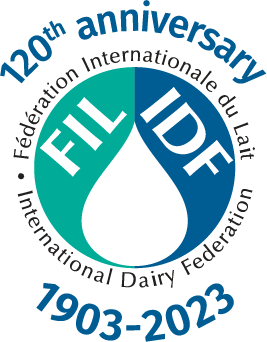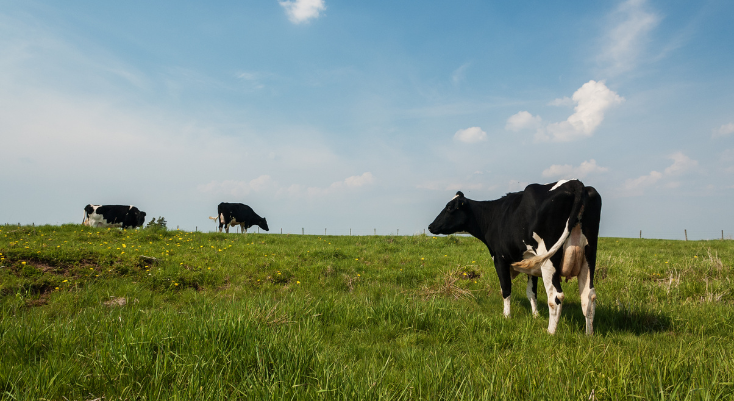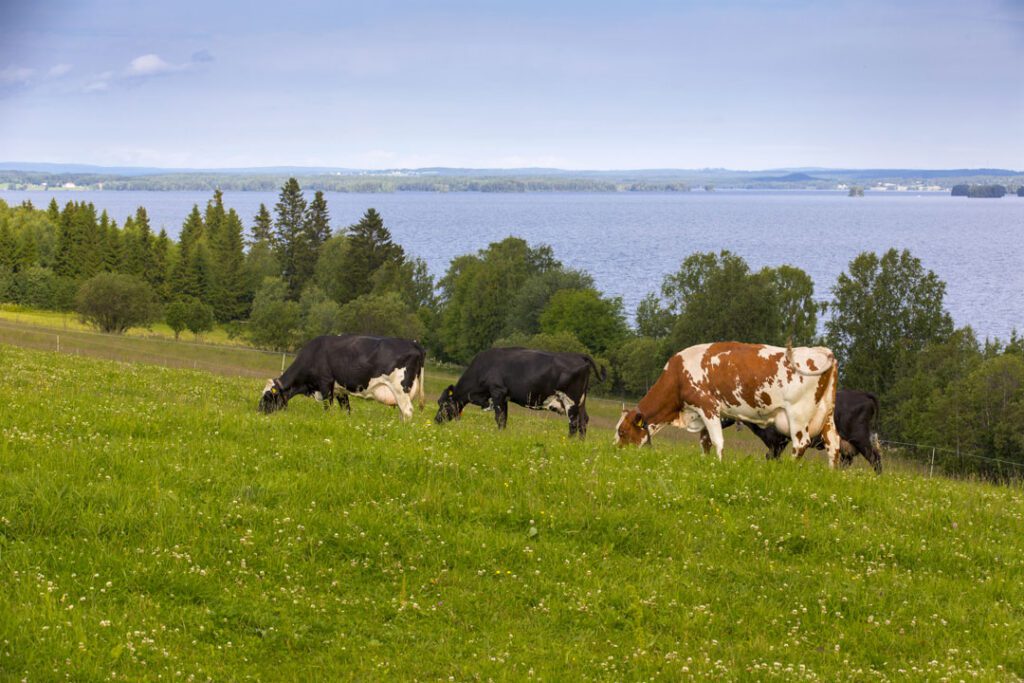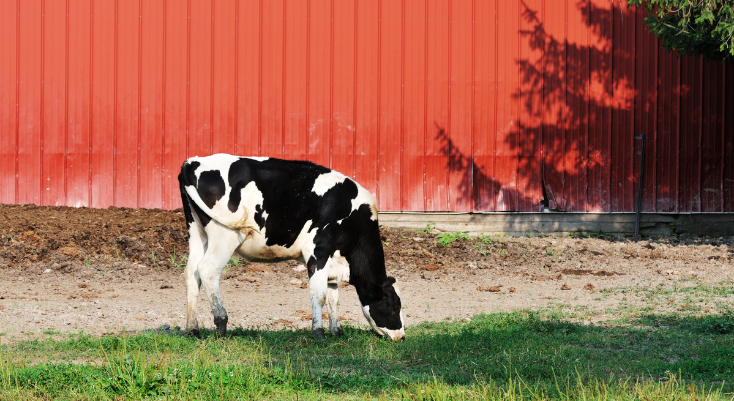A new edition of the IDF bulletin dedicated to the second update of the IDF Global Carbon Footprint methodology for the dairy sector was published today and is now available on IDF corporate website (www.fil-idf.org). The new methodology was presented at a special session during IDF World Dairy Summit 2022 in Delhi, India. The purpose of this bulletin is to share the revised IDF Carbon Footprint methodology with the intention of creating an LCA Global Standard that can assist the dairy industry in its efforts to reduce GHG emissions across all its value chains.
Since the Dairy Declaration of Rotterdam of 2016 was signed by IDF and FAO, there is a strong commitment to mitigate climate change and having the most up-to-date tools to calculate the emissions is critical for this. As IDF Director General, Caroline Emond says in the foreword to this Bulletin: “We can’t reduce what we cannot measure”. Accordingly, this IDF global Carbon Footprint standard for the dairy industry is a fundamentally important document for the sector, to understand the sources and profile of greenhouse gas emissions across the dairy regions of the world and to implement targeted actions to mitigate these as the sector progresses on its journey towards net zero. The revised methodology has been developed by IDF to be used by the dairy cattle farming and dairy manufacturing sectors as well as by anyone else committed to assessing the Carbon Footprint of their production systems and products by using an LCA approach. The revision was carried out by the IDF LCA Action Team, integrated by 50 experts from 17 countries, who reviewed the latest science and best practices available.
“To have a scientifically robust method to quantify the greenhouse gas emissions is important to reduce emissions and for the sectors’ ambition to become carbon net zero. We will continue the work on various LCA-related topics as science evolves”, states the IDF LCA Action Team.
The update contains changes in some key areas supported by robust scientific evidence to ensure the highest degree of consistency and to allow comparability with the previous version and subsequent revisions.
The first LCA methodology for the dairy sector was developed and published in 2010 by the IDF Standing Committee on Environment (SCENV) with the active participation of the Food and Agriculture Organization of the United Nations (FAO) and the Sustainable Agriculture Initiative Platform (SAI Platform), it was continuously reviewed and revised by our experts to reflect evolving science. As a consequence, an updated version of the bulletin was published in 2015 and in 2020. This new edition is then reflecting the evolution of the sector and practices.
This guideline is fundamental in supporting the dairy sector in quantifying both its impacts and progress, and importantly aligning language around GHG emissions to enable the sharing of mitigation learnings and opportunities with sector peers.
“We are convinced that all the Dairy Value Chain will benefit from this revision, which will also contribute to Climate Action and the UN Sustainable Development Goals”, concludes Ms. Emond.
IDF also released a Bulletin with Carbon Sequestration Guidelines
Prior to the publication of the new LCA methodology, IDF issued a bulletin for calculating carbon sequestration in cattle production systems. This guideline provides the cattle sector with an appropriate science-based approach to quantifying the sequestration (carbon removal) as part of the GHG footprint calculation. The new methodology is the result of four years of collaborative work by dairy and beef sector organizations. The purpose of the project was to develop a method that, through quantification, supports and encourages farmers in implementing practices that promote carbon sequestration and thereby mitigate climate change. “With the IDF being a founding partner organization of the Pathways to Dairy Net Zero initiative we want to ensure that the IDF plays its part in providing the dairy sector with knowledge and tools in support of the ambitious commitment that was made in September 2021”, adds Ms Emond.












